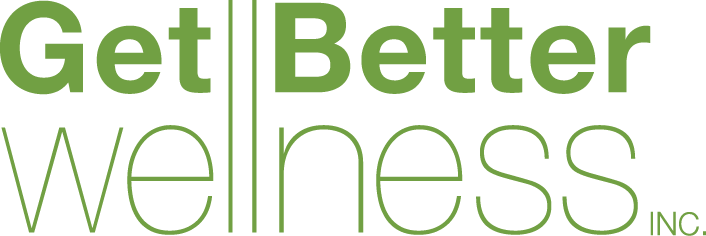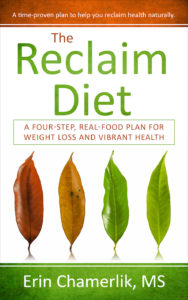
Zinc – Without enough your wellness is compromised
Zinc deficiency is fairly common.
Symptoms of Zinc deficiency include immune deficiencies, acne, anemia, anorexia, brittle nails, craving for sugary foods, dandruff, decreased ability to taste, decreased desire for protein-rich foods, decreased sense of smell, decreased sexual function, eczema, fatigue, hair loss, impaired wound healing, impotence, infertility, low sperm count, night blindness, poor appetite, white spots on nails and more.
Zinc has antiviral activity.
Zinc is a trace element, meaning only small quantities are needed. Zinc is very important for overall physical and mental health. Zinc is used as a cofactor by over 100 enzymes.
Many people are zinc deficient. According to this study, “the major factor contributing to zinc deficiency is high phytate-containing cereal protein intake in the developing world, and nearly 2 billion subjects may be zinc deficient.”
“Interestingly, most of the risk groups described for COVID-19 are at the same time groups that were associated with zinc deficiency [source]. Zinc is essential to preserve the respiratory epithelium, preventing pathogen entry, therefore, a zinc deficiency can predispose individuals to infection and detrimental progression of COVID-19 [source].

- Zinc helps regulate the immune system
- Zinc is necessary for normal growth and development and for digestive health
- Zinc is necessary for the maintenance of adaptive and innate immune responses [source]
- Anti-viral properties against a variety of viruses
- Beneficial for a healthy prostate
- Helps break down and metabolize proteins
- Essential component of hormones
- Decreases the body’s need for insulin and helps balance blood sugar
- Essential for reproduction and fertility
- Anti-inflammatory
- Helps with appetite and sense of taste
- Promotes healthy thyroid activity
- Antioxidant
COVID-19 Patients are Zinc Deficient
This study showed that a significant number of COVID-19 patients were zinc deficient. These zinc deficient patients developed more complications, and the deficiency was associated with a prolonged hospital stay and increased mortality.
Zinc has been studied for its therapeutic use against respiratory viruses including those that cause the common cold [source].
Zinc has also been observed to improve pneumonia in children and its deficiency is associated with pneumonia in the elderly [source].
Zinc inhibits viral RNA-dependent RNA polymerase, and has been shown to do this in vitro against SARS-CoV [source].
When combined with a zinc ionophore, such as Quercetin or hydroxychloroquine, cellular uptake is increased making it more likely to achieve suitably elevated intracellular zinc concentrations for viral inhibition [source].
Zinc may “prevent viral entry, suppress viral replication, and mitigate the damages due to oxidative stress and hyperinflammatory reaction in patients with respiratory infections [source].”
How to Supplement Zinc
Take a comprehensive, trace mineral supplement, like LDA Trace Mineral Complex or Multi-Mineral Complex w/o Iron.
LDA Trace Mineral Complex
30 mg Zinc (as TRAACS® zinc bisglycinate chelate) along with 200 mcg selenium, manganese, copper, 200 mcg chromium, molybdenum, potassium, vanadium, silica and boron.
Multi-Mineral Complex w/o Iron
15 mg Zinc (as zinc citrate) along with calcium, phosphorus, magnesium, 100 mcg selenium, copper, manganese, 120 mcg chromium, molybdenum, potassium.
Recommended Dosage
15 to 50 milligrams.
Recommended
-
Dandelion for Liver Support and Health BenefitsJuly 20th, 2024
-
Modified Citrus PectinJuly 11th, 2024
-
Bentonite Clay Mask for Face and ArmpitsJuly 8th, 2024
-
Two Supplements for Erectile DysfunctionJune 30th, 2024








